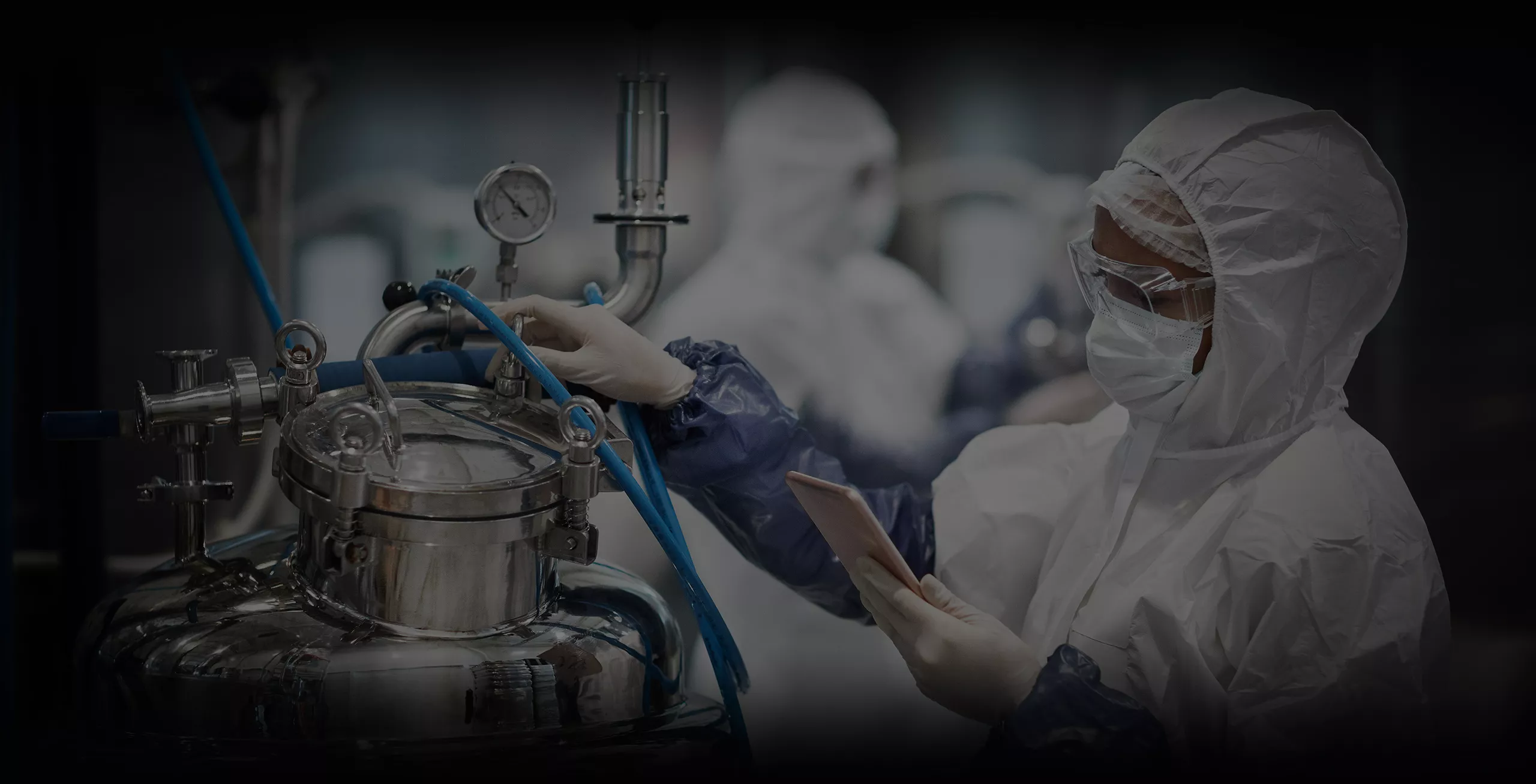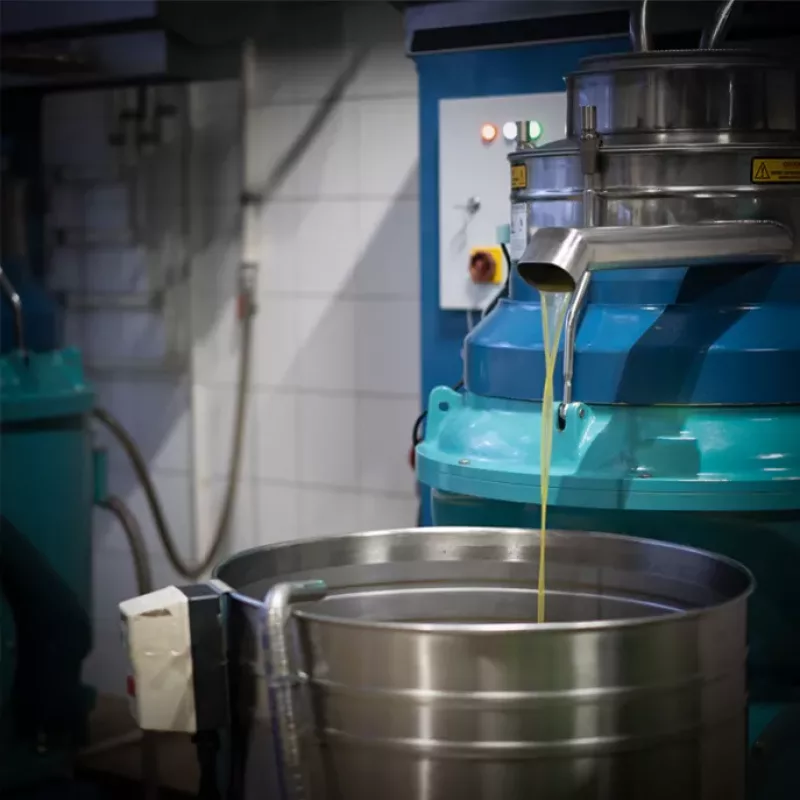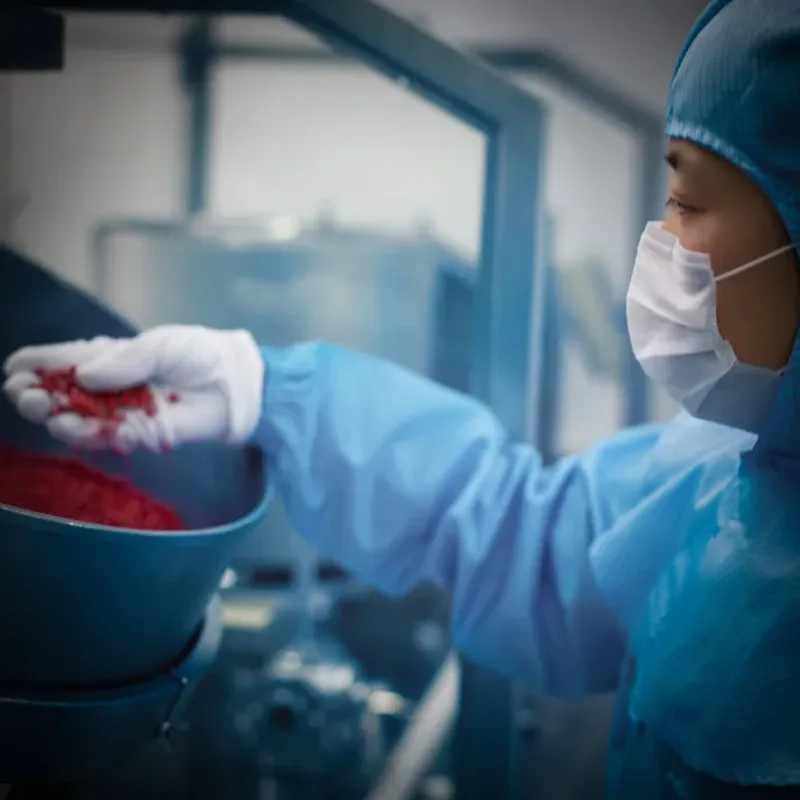Accurate weighing of raw materials upon receipt is essential to verifying the quantity delivered, giving pharmaceutical operators transparency when it comes to raw material costs and inventory control. In bulk operations, this can be done using a truck scale, while floor or bench scales can be used in smaller operations.
High-resolution weighing scales and systems, for precision weighing in the pharmaceutical industry
The U.S. pharmaceutical market was valued at approximately $550 billion in 2023, accounting for about 40% of the global pharmaceutical market. Ensuring accuracy, consistency, and compliance with regulatory standards is critical to ensuring the safety, efficacy, and quality of drugs.
Weighing equipment should be used at every stage of the process, from raw material acquisition to final product packaging.
While initial research, development, trials, and testing will take place in a laboratory on a high-resolution balance, compounds that are approved for use will be scaled up to mass production. At this stage, weighing equipment can be used to weigh ingredients, as well as for advanced recipe formulation. In manufacturing operations, production vessels can
mounted on load cells, allowing operators to control the quantity of active pharmaceutical ingredients added during the creation of a batch. Platform and bench scales are also often used in the pharmaceutical industry for batching and ingredient control.
Scales can be linked with computers to create accurate batch production records, including precise weights of all materials used. These records are crucial for traceability and ensuring compliance, in line with regulations.
Pharmaceutical regulations stipulate that weights should be monitored during the manufacturing process in order to ensure consistency and compliance with specified limits. Incorporating bench scales and software into processing lines can help to ensure that any deviations in weight measurements are documented and corrected in accordance with established procedures.
In the U.S. pharmaceutical industry, regulations concerning weight are primarily aimed at ensuring accuracy, consistency, and compliance throughout the manufacturing process. The FDA conducts regular inspections of pharmaceutical manufacturing facilities to ensure compliance with all regulations, including those related to weighing of active pharmaceutical ingredients and excipients, regulations around sampling and need for regular calibration to validate the accuracy of the equipment. In addition, The United States Pharmacopeia (USP) sets standards for the quality, purity, strength, and consistency of drugs. These standards include specific guidelines on the weighing of substances for compounding and manufacturing.
All weighing operations must be documented, with traceability of the weights and measures used, to maintain compliance with regulatory standards like the FDA or EMA. Our weighing systems can be set up to integrate with Laboratory Information Management Systems (LIMS) and Manufacturing Execution Systems (MES) to ensure seamless data recording and traceability.
Regulations require that the net content of drug products (e.g., weight of tablets, volume of liquids) must be accurately measured and labelled. Platform and bench scales, combined with software or linked to pharmaceutical software, can be set up to weigh and label products, or to count by piece weight – e.g. the number of tablets in a container. Weighing systems can also be built into automated filling lines, ensuring that each container (bottle, vial, pack, etc.) receives the correct dose of the medication.
Solutions for Chemical & Petrochemical
Find a weighing equipment supplier near me
We work with a network of reliable and trusted distribution partners to ensure that we can offer a truly personal, local service, wherever you’re located.











